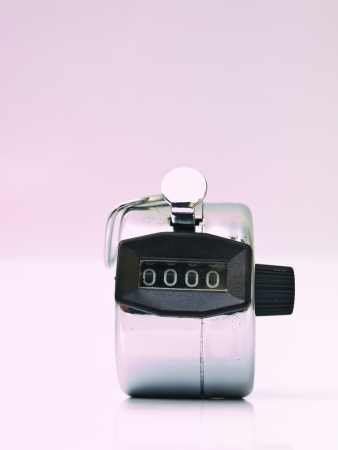This Is How Many American Adults Have Never Had Sex
August 14, 2017 by Justin Lehmiller
Like most sex researchers, I tend to study people who have sex–and, over the years, we’ve developed a large scientific literature about them. But what about the people who, for whatever reason, never start having sex? What do we know about them? As it turns out, surprisingly little. However, a recent paper published in the Archives of Sexual Behavior offers some valuable insight. This paper looks at how many people in the United States enter adulthood without any sexual experience and identifies some of the characteristics associated with people who do not become sexually active.
The data for this study came from the National Longitudinal Study of Adolescent Health (or Add Health, as it’s known for short). This is a massive survey that began back in 1994 with over 20,000 7th-12th grade students in the US. Three additional waves of data collection followed, with the most recent occurring in 2008. With each wave, data were collected on a wide range of topics, including sexual behavior.
For this particular paper, researchers looked at whether participants reported having ever become sexually active by 2008. Those who reported having never had vaginal, oral, or anal sex at this point were classified as “sexually inexperienced,” while those who had engaged in one or more of these behaviors were classified as “sexually experienced.” The researchers then looked to see how data collected during the other waves predicted being sexually inexperienced/experienced, including demographic background, cognitive and physical abilities, and behavioral characteristics.
In the 2008 wave of data, participants were 28.5 years old on average, ranging from 24-34. Of those who participated, 3% were classified as sexually inexperienced, meaning they’d yet to have sex. The remaining 97% had either had vaginal, oral, and/or anal sex at some point. Among those who did not have sex during adolescence, about 1 in 8 remained sexually inexperienced in adulthood.
For both men and women, being sexually inexperienced in adulthood was linked to “sexual non-attraction.” This suggests that at least part of the sexually inexperienced group consisted of asexual individuals. However, it is important to highlight that not all asexual persons are sexually inexperienced. For instance, some asexuals have sex anyway in order to please a partner or because they face pressure to be sexually active. Likewise, not all adults who are sexually inexperienced are asexual–some of them do have sexual desires, but just have not had sex.
Additionally, for men, other factors linked to sexual inexperience included: being a non-Hispanic Asian, going through puberty later than one’s peers, and being rated as physically unattractive. For women, other factors linked to sexual inexperience included: being overweight, having lower levels of cognitive performance, and attending religious services often.
Unfortunately, the nature of these data prevent us from saying why all of these associations emerged. Moreover, this study does not address a number of other important questions about the sexually inexperienced population, such as the number of people for whom this is a voluntary as opposed to non-voluntary status. We also can’t say from these results what people’s psychological reactions are to being sexually inexperienced.
Nonetheless, these results suggest that transitioning from adolescence to adulthood and remaining sexually inexperienced is a relatively rare phenomenon; however, the findings also suggest that sexually inexperienced adults comprise a very diverse group of people and that sexual inexperience may stem from a wide range of reasons.
Want to learn more about Sex and Psychology ? Click here for previous articles or follow the blog on Facebook (facebook.com/psychologyofsex), Twitter (@JustinLehmiller), or Reddit (reddit.com/r/psychologyofsex) to receive updates.
To learn more about this research, see: Haydon, A. A., Cheng, M. M., Herring, A. H., McRee, A. L., & Halpern, C. T. (2014). Prevalence and predictors of sexual inexperience in adulthood. Archives of Sexual Behavior, 43(2), 221-230.
Image Source: 123RF/gururugu
You Might Also Like:

Dr. Justin Lehmiller
Founder & Owner of Sex and PsychologyDr. Justin Lehmiller is a social psychologist and Research Fellow at The Kinsey Institute. He runs the Sex and Psychology blog and podcast and is author of the popular book Tell Me What You Want. Dr. Lehmiller is an award-winning educator, and a prolific researcher who has published more than 50 academic works.
Read full bio >


